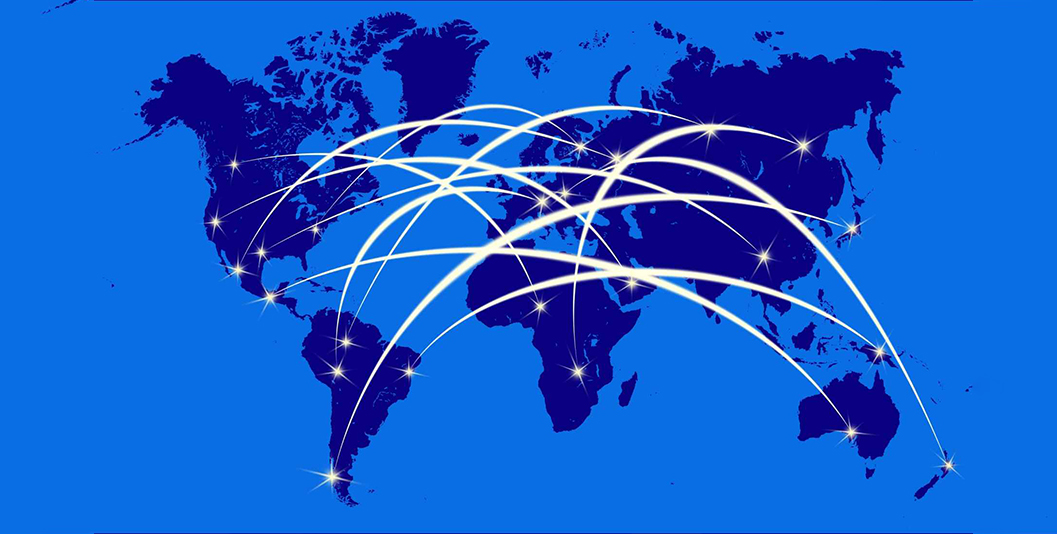
Taxes are a fundamental component of every nation’s economic structure, serving as a vital source of revenue for governments globally. Among the myriad of taxation systems, Value Added Tax (VAT), Goods and Services Tax (GST), and Sales Tax are three prevalent forms of consumption taxes that significantly influence businesses and individuals around the world. This guide delves into these taxation systems, highlighting their key features, variations, and their extensive global footprint.
Value Added Tax, commonly known as VAT, is a consumption tax levied on the value added to goods and services at each stage of production or distribution. In essence, it’s a tax on consumption. Unlike traditional sales taxes, which are typically imposed on the final retail price, VAT is a multi-stage tax. Businesses collect VAT from their customers and pay it to the government while simultaneously receiving credits for the VAT they’ve paid to suppliers. This mechanism ensures that the tax is only paid on the value added at each stage of the supply chain.
VAT is globally embraced, but its application varies from one country to another. Nations worldwide have adopted VAT with distinct rates, exemptions, and thresholds. It is a popular form of taxation in European countries, Latin America, Asia, and many other regions, making it one of the most commonly used consumption taxes.
Goods and Services Tax, or GST, is akin to VAT, as it is also a consumption tax applied at multiple stages of the supply chain. GST is renowned for its simplicity and efficiency in taxation, making it an attractive choice for various countries.
The primary differentiation between VAT and GST is semantic, with GST having a single, unified rate, while VAT can incorporate multiple rates and exemptions based on the nature of goods and services. Countries such as Canada, Australia, and India have adopted GST systems and have witnessed its advantages in terms of tax administration and revenue generation.
Sales tax is a more straightforward form of consumption tax. It is typically imposed only once, at the point of sale to end consumers. Unlike VAT and GST, which involve multiple stages of taxation, sales tax is collected exclusively when a purchase is made. The rates, exemptions, and administration of sales tax can vary significantly from one jurisdiction to another.
VAT and GST systems are widespread, with more than 160 countries globally adopting some form of these taxes. These systems serve as substantial sources of government revenue and are designed to alleviate the tax burden on income and corporate profits, ultimately promoting economic growth.
The European Union (EU) operates one of the most extensive VAT systems, encompassing all its member states. In Europe, positive VAT rates range from as low as 5% on certain goods and services to as high as 27% in some countries. Other regions like Asia, Africa, and Latin America have also implemented VAT or GST to varying degrees.
Sales tax, conversely, is a commonly used form of consumption tax in the United States. It is levied at the state level, with each state determining its own sales tax rate. This decentralised approach results in a diverse array of tax rates across the country.
Effectively navigating the global landscape of VAT, GST, and sales tax is a complex undertaking for businesses with a global presence. Key considerations include:
The Comprehensive Worldwide VAT, GST, and Sales Tax Guide offers an exploration of these prevalent forms of consumption taxation and their extensive global presence. While VAT and GST systems are ubiquitous across numerous countries, sales tax remains the primary consumption tax system in the United States. Understanding the intricacies of each system and adeptly addressing the complexities of compliance and cross-border transactions are paramount for businesses operating on a global scale. As tax laws continue to evolve, businesses and individuals must remain informed and adaptable to the ever-changing landscape of consumption taxes to ensure compliance and financial efficiency.
The VAT Consultancy is highly experienced and provides relevant and practical advice to help you deal with the VAT and customs duty issues your organisation faces. We provide global VAT and customs duty advice and VAT compliance services. To discuss how we can help contact us today.